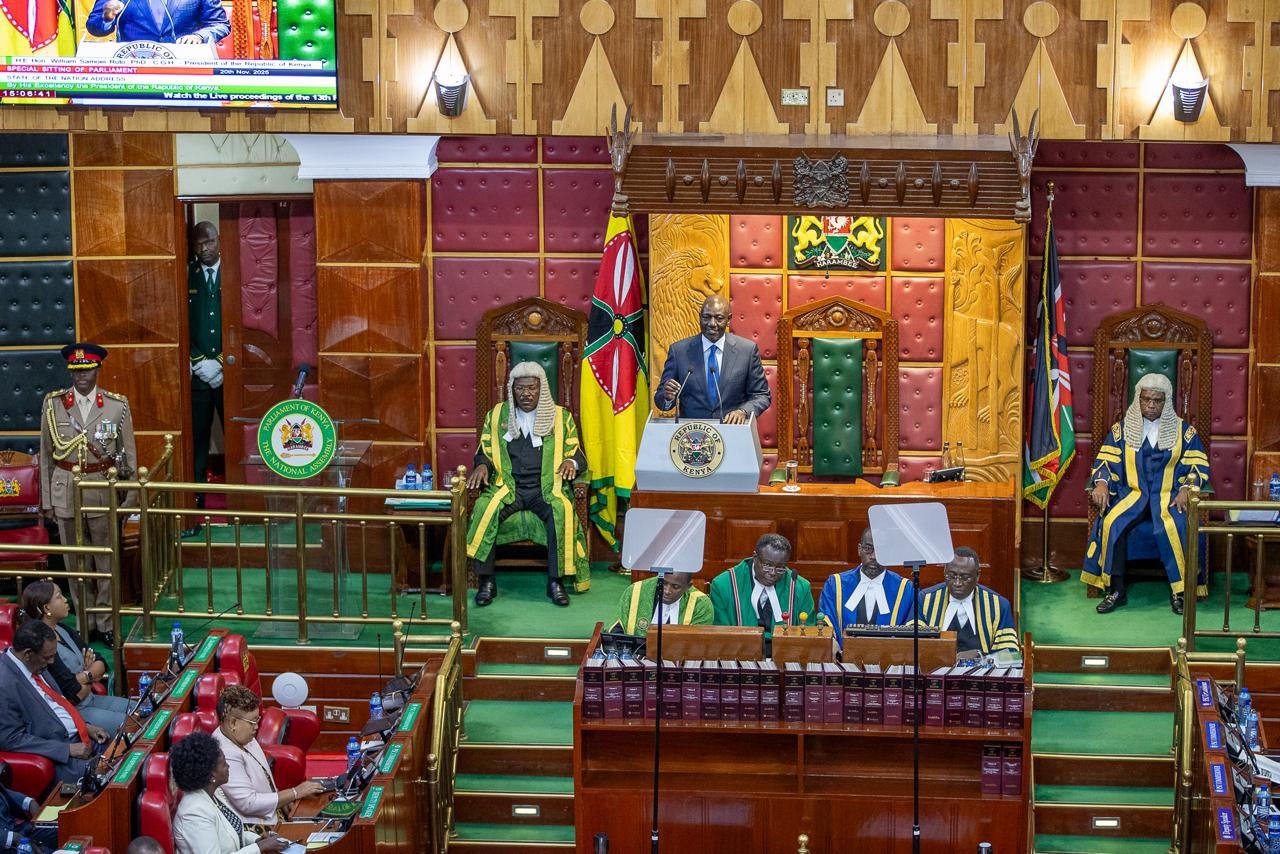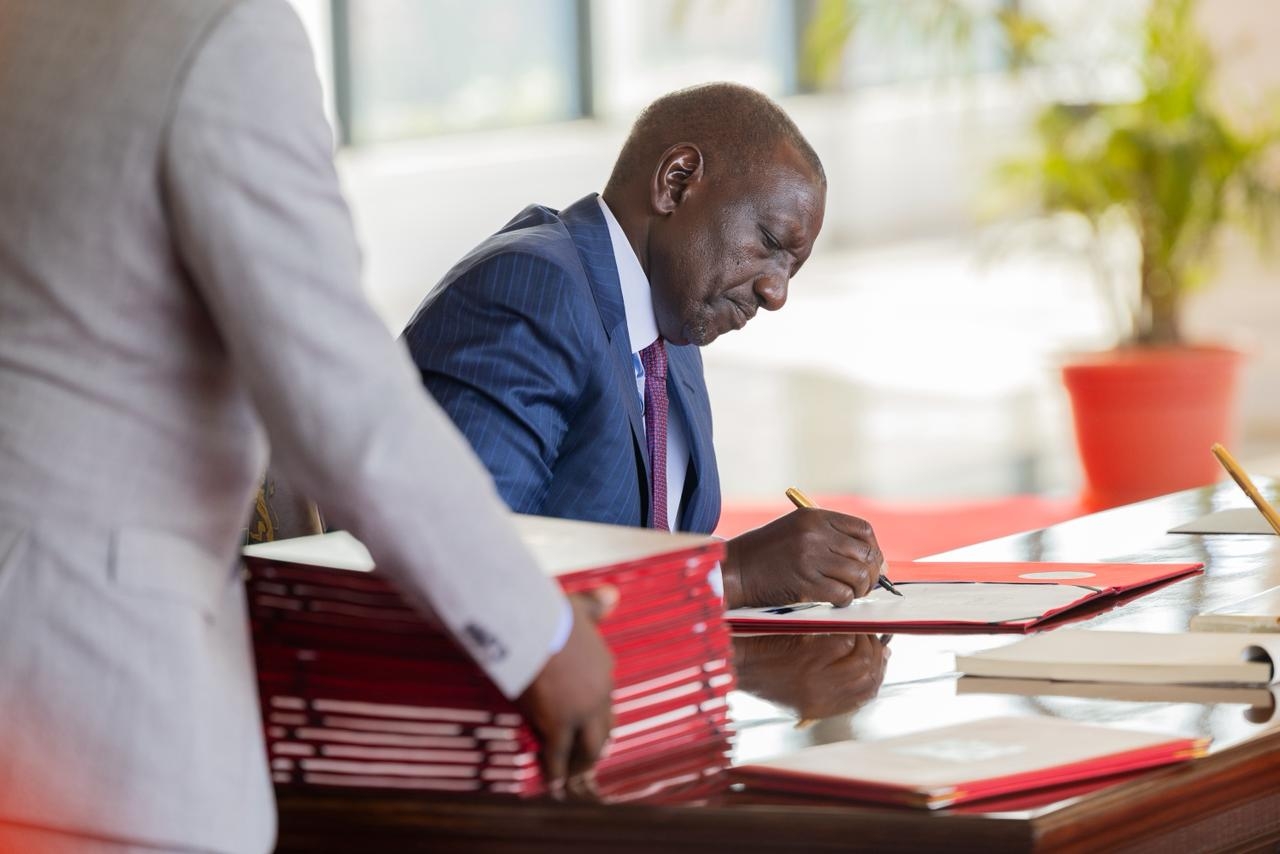Key witnesses in the inquiry into the controversial Sh6.09 billion Telkom Kenya deal have contradicted each other when appearing before a joint parliamentary committee investigating the matter.
Former Director General, Public Investment Portfolio Management, Stanley Kamau on Thursday vehemently denied that he negotiated the deal to buy back the firm with retired President Uhuru Kenyatta's ally John Ngumi.
Kamau told the Departmental Committee on Finance and National Planning and the Departmental Committee on Communication Information and Innovation that he never held any discussions with Ngumi, who was an adviser of Jamhuri Holdings, which was exiting Telkom Kenya.
“I did not sit down with Ngumi to negotiate the buy back,” Kamau maintained.
He told the committee that Public Investment Portfolio Management office only negotiates commercial transactions on behalf of the government.
“The Telkom Kenya buy back was not a commercial transaction. It was a strategic decision by the government,” he explained.
While appearing before the committee on Wednesday, Ngumi said he was hired by Jamhuri Holdings as an adviser, and that he negotiated the deal with Kamau.
During the session, it emerged that Ngumi was paid Sh400 million in five months for his advisory role.
The career banker earned the money for his advisory role between April and August 2022 in the transaction which was not approved by Parliament.
The government paid Sh6.09 billion to acquire a 60 per cent stake in Telkom Kenya from a UK-based private equity fund, just four days before last year’s general election.
On Thursday, the Departmental Committee on Finance and National Planning chair, Francis Kimani, wondered who between Kamau and Ngumi was telling the truth.
“Ngumi told us under oath that he negotiated the deal with you and you are telling us you never sat down with him. Whom between Ngumi and you is lying to the committee?” Kimani posed.
Kamau told the committee he knew Ngumi was an adviser to Jamhuri Holdings on Thursday morning.
“I heard about it today morning in the media. I also did not know anything about Sh400 million,” he said.
Kimani further wondered why the National Treasury ignored an advise from the Office of the Attorney General to pay the money in the subsequent financial year.
“Even if it was urgent, the Constitution had to be followed. Why divert money to pay for things that had not been budgeted for?” he posed.
Kamau maintained that he was only involved in the implementation of the decision to buy back the firm.












